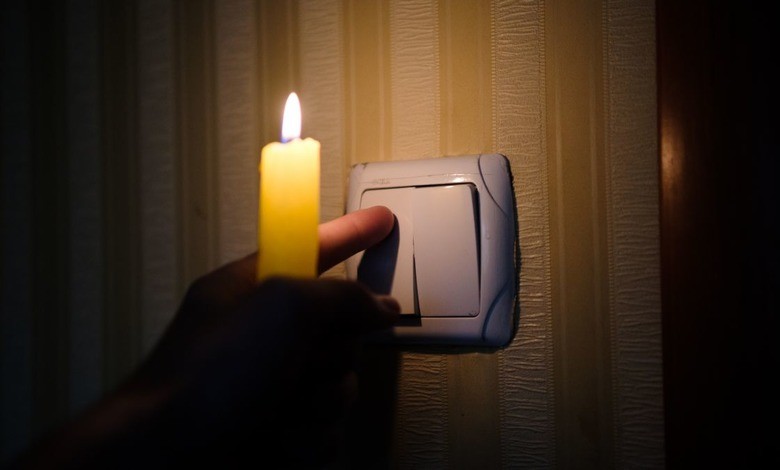Darkness and cold: UN predicts tough winter for Ukraine

Despite significant help from the West, Western analysts believe that due to constant Russian attacks on Ukraine’s energy infrastructure, Ukrainians are in for a hard, cold and dark winter. About this informs Voice of America.
The United States handed over an autotransformer to the Ukrenergo company to replace destroyed equipment in the front-line zone. According to the US Ambassador to Ukraine Bridget Brink, this transformer will provide electricity for about 50,000 households. Brink emphasized that the US government continues to actively support Ukrainians in maintaining a stable electricity supply this winter, despite Russian attacks.
In September, the European Union also announced a new plan to support the Ukrainian energy industry. The President of the European Commission, Ursula von der Leyen, said that to ensure a stable electricity supply this winter, Ukraine needs 17 GW of capacity. The EU will allocate about 160 million euros for the implementation of three main areas of support: repair, connection and stabilization of the electricity grid. Of this amount, 60 million euros go to humanitarian aid, including shelters and heaters, and 100 million euros to repair work and the development of renewable energy sources.
Other countries also joined in supporting the Ukrainian energy system. In particular, according to the Ministry of Energy of Ukraine, since the beginning of the full-scale Russian invasion, Ukraine has received 12 shipments of humanitarian aid from Japan, including 256 standby power plants, gas turbines, autotransformers, generators and other equipment.
The report of the UN human rights mission states that Ukraine is facing a dark and cold winter, when electricity can be cut off from 4 to 18 hours a day. The UN also highlighted the severe destruction of Ukraine’s energy infrastructure since March 2024 as a result of Russian attacks, which will have dire consequences for millions of Ukrainians. These destructions can affect the functioning of water supply, sewage, heating systems, as well as the work of medical and educational institutions, which will significantly worsen the life of the civilian population.





